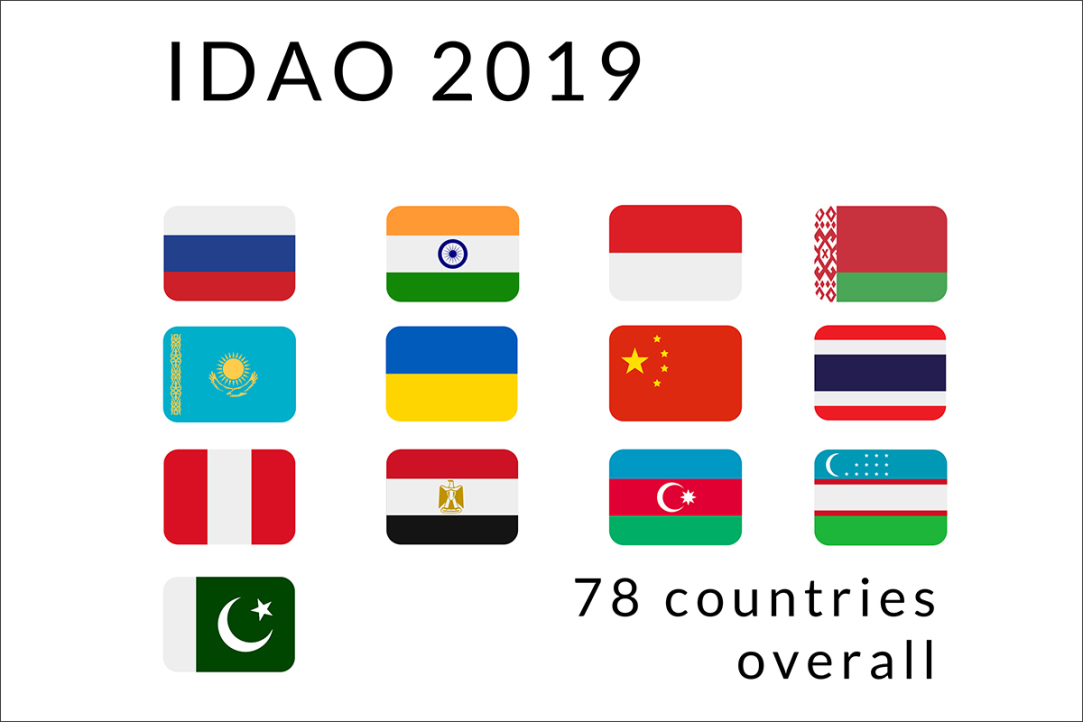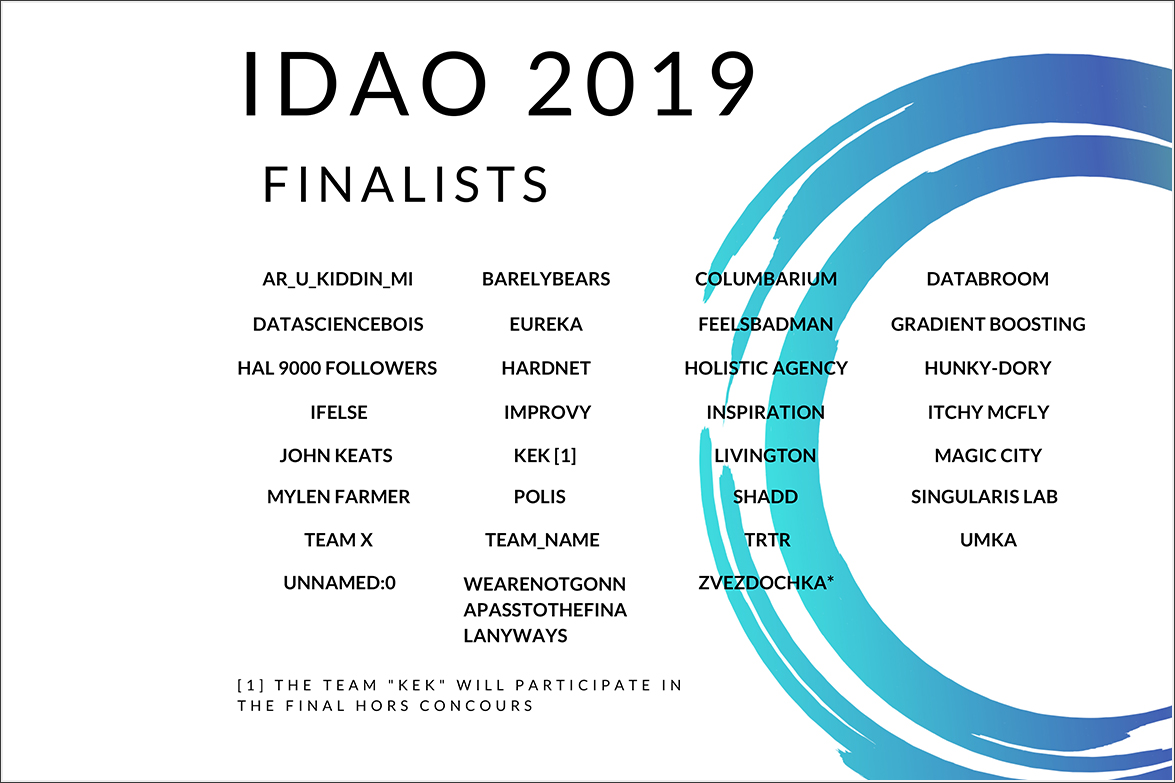31 Teams from Seven Countries Make It to IDAO Finals

On February 18, the online round of the International Data Analysis Olympiad (IDAO) officially finished. The Data analysis competition is organized by the HSE Faculty of Computer Science and Yandex with the support of Sberbank. This year 1287 teams from 78 countries took part in the online round.
IDAO was conceived by leading data scientists for their future colleagues. The Olympiad is held for the second time. It brings together experienced and novice data scientists and researchers from around the world.
The online round was held on the Yandex.Contest platform from January 15 to February 11.
The muon research group of the LHCb experiment (LHCb Muon Group) provided the task for participants of the online qualifying round.

Nikita Kazeev,
co-author of the task, Research Assistant at the HSE Laboratory of Methods for Big Data Analysis
‘This is a problem we are working on, somewhat simplified. The participants were asked to build an algorithm that distinguishes muons from the rest of the particles using the information from the Muon subdetector.
Basically, we do not know what makes up the bigger part of the Universe, the part we call “dark matter” and “dark energy”. To study it, we create conditions similar to what the world was moments after the Big Bang. This is done with particle accelerators, where we use the results of particle collisions to study the fundamental laws governing them. Using a very rough analogy, we collide automobiles at supersonic speed, take pictures of the crash debris, and then use those pictures to understand how an engine works. One such “photo camera” is the LHCb detector.
In order to collect enough data to analyze rare processes, approximately 30 million proton-proton collisions occur per second in the LHCb. After the upgrade of the collider in 2021, this number will increase by 5-10 times. Under the severe constraints on computing resources, we must quickly select the small number of collisions that are interesting for further analysis. One of the signs is the presence of muons among the products.’

As part of the online round, participants could try their hand at two separate tracks with different restrictions on the form of the final decision.
The first track was a classic data science competition. According to the labeled set of training data, participants were asked to classify test data using labeled training set. In this track, participants could build arbitrarily complex models. However, in real-world problems, efficiency is just as important as quality. That is why for success in the second competitive track, it was necessary to successfully solve the same problem, but taking into account strict and realistic time and memory constraints of the trained forecasting program.

Andrey Ustyuzhanin,
Head of the Laboratory of Methods for Big Data Analysis at the HSE Faculty of Computer Science, member of the IDAO jury
‘The task of the first stage is a complicated interdisciplinary task of applying machine learning methods for particle physics. The difference from the standard application is that the participants could improve the quality by not only creating features, but also change the training method itself to take into account additional information about the inaccuracy of label assignment. The participants sent several solutions with interesting approaches.’
Following the results of the first stage, 31 best teams will take part in the final, which will be held in Moscow from April 4 to April 6 in the office of Yandex, whose representatives have prepared the task for the final stage. The participants of these teams represent Russia, Belarus, Kazakhstan, India, Japan, Azerbaijan and Swaziland.
As a part of the offline round, speeches and master classes of international machine learning and data analysis experts are also scheduled.
IDAO winners will receive valuable prizes, and the results of the Olympiad will be a serious advantage for students applying to the master’s degree programs at the HSE Faculty of Computer Science.
Nikita Kazeev
Research Assistant at the HSE Laboratory of Methods for Big Data Analysis
Andrey Ustyuzhanin
Associate Professor at the Faculty of Computer Science

